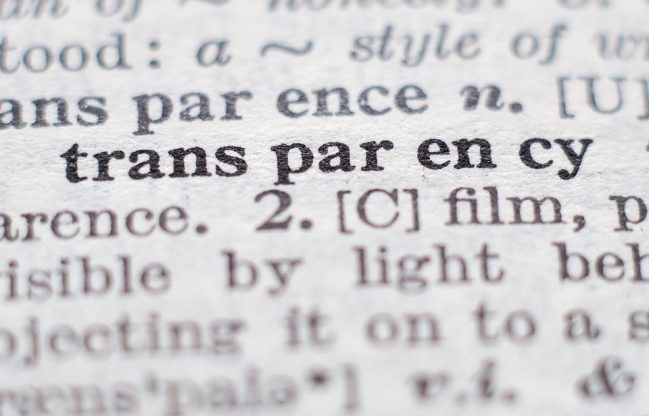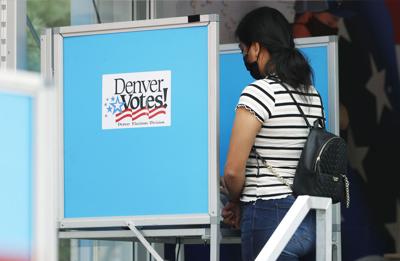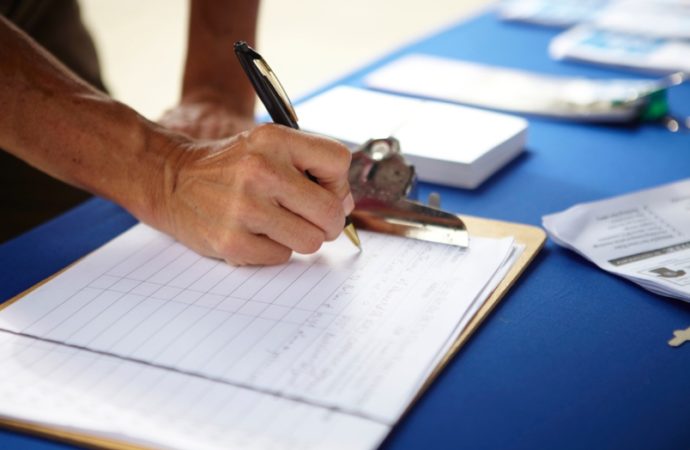Public pensions, including PERA, had their worst investment return quarter ever in 1Q20. State pensions, on average, lost 13.2% in the quarter. However, the losses are worse than reported due to secrecy agreements in place regarding their alternative investments position. These highly speculative investments in the PERA portfolio do not have to be reported now. This reality will exacerbate the financial condition of PERA, and other state pensions, and will motivate states, like Colorado, to scream for taxpayer relief. PERA’s funding ratio declined in the very good times (and stock market boom from 2009 to 2019.) The funding ratio will decline even ffurther in the current economic. The coronavirus economy will show that their financial health is now even more problematic. Colorado taxpayers will be the target to bail these pensions out yet again. Taxpayers already contribute more than 2X to PERA than private sector employers contribute to Social Security. For more, see this Forbes analysis:
Worst Public Pension Quarterly Results Reported-Reality Is Far Worse
Edward Siedle Contributor

Public pensions just reported their worst quarterly investment performance in over a decade. Thanks to secrecy agreements, reporting delays and valuation wiggle-room granted to hedge funds, private equity, real estate, infrastructure, venture capital and other private asset managers, the full extent of public pension losses has not been disclosed to pension stakeholders.
Getty
Public pensions just reported their worst quarterly investment performance in over a decade. But results related to 25%-50% of their riskiest investments aren’t included. Thanks to secrecy agreements, reporting delays and valuation wiggle-room granted to hedge, private equity, real estate, infrastructure, venture capital and other private asset managers, the full extent of the losses has not been disclosed to pension stakeholders. Complicity with Wall Street allows public pensions to avoid accountability and push bad performance results off until the next quarter, year or even decade.
To continue reading this Forbes article, please click (here):




 By: Barry W Poulson
By: Barry W Poulson Blog post by Christine Burtt
Blog post by Christine Burtt
